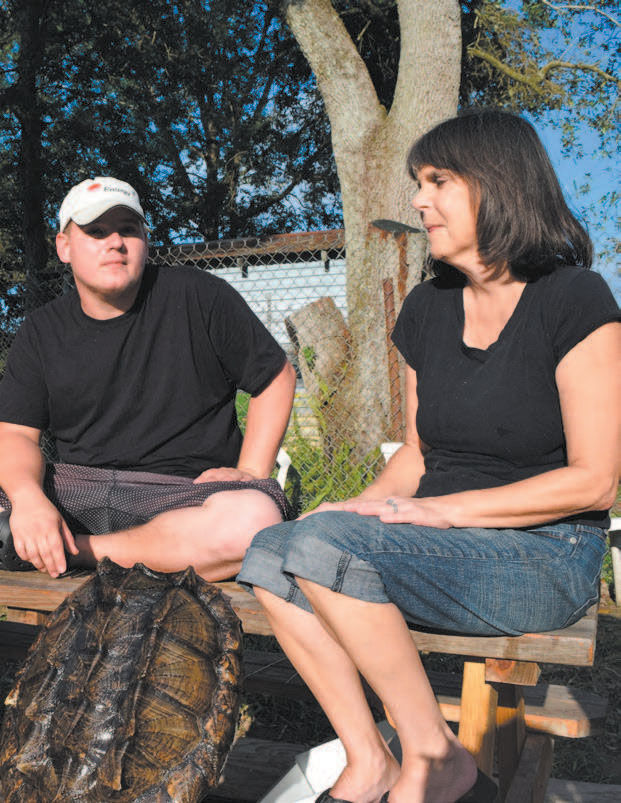
Lewis ready for 2nd chance
November 10, 2015
Jean Babin
November 11, 2015Flood control plans for areas in Jefferson Parish that could have an impact on Raceland and other Lafourche Parish communities are still on hold, a spokesman for the U.S. Army Corps of Engineers says, despite formal public notice of a comment period and resulting heightened anxiety among some families living in the potentially affected area.
But members of Louisiana’s congressional delegation say they aren’t taking any chances, and have challenged the Corps on its apparent willingness to pick up a controversial project thought consigned to the scrap heap.
The complexity of the proposal, which includes the potential that cane fields and other private property east of La. Highway 308 and south of La. Highway 307 see a massive change in their ecosystems, is confounding residents of small communities who say they don’t know how to assess potential threats that may emerge for them and their homes.
“We don’t really know what it is, but people are saying it could be bad for us,” said Lori Rodrigue, who lives on Torres Road in Bayou Bouef, a small hamlet that straddles Lake Bouef between Raceland and Chackbay. “We just had a lot of rain and there’s flooding on the road already.”
The road Rodrigue referred to is La. Highway 307, the only direct land link between her community and the rest of Lafourche Parish.
The highway, lined with cane fields and moss-draped oaks, winds for ten miles from its intersection with U.S. Highway 90, crosses Bayou Boeuf, and then continues for another 10 miles to Chackbay, where it merges with La. Highway 20, north of Thibodaux.
The project would require that cane fields to be flooded and swamps filled, and the purchase of those lands from private owners. Forced sale of lands, mostly agricultural, would be a possibility.
Public comment, from Lafourche Parish residents, landowners and parish government officials, was profoundly negative when the project was proposed in 2014.
Local officials said they were surprised when the project, thought dead, reared its head again last month.
“We had an ad that ran Oct. 15th for public comment and some notifications went out in the mail to interested parties,” said Corps spokesman Rene Poche. “It was inadvertently released prior to all of the internal workings lining up. We pulled it to make any minor changes. Once we get all that straight we will put it back.”
That potential does not sit well with members of the Louisiana delegation.
Signed by U.S. Sens. David Vitter and Bill Cassidy, along with House members Garrett Graves, Charles Boustany, John Fleming, Ralph Abraham and Cedric Richmond, the Oct. 30 letter recalls prior public criticism.
“The privately owned 330 acres of swampland and 130 acres of wetlands included in the Corps’ draft proposal are currently inhabited by sugar cane fields and swamps along La. Highway 307 from Kraemer to Raceland,” the letter states. “Flooding what is now high ground would be counterproductive for both the economy and the resiliency of the local community. Taking this land out of commerce would reduce sugar cane yields, tax revenues and corresponding economic activity and would increase the area’s susceptibility to flooding – a result that would directly hurt private property owners and residents.”
Corps management of the Mississippi River system, the letter states, has resulted in 1,900-square miles of wetland loss.
Calling the proposal a “land grab,” the letter notes other potentials that the Corps could use to achieve its mitigation goals.
In an interview last week, Graves urged continued local opposition to the plan. He also suggested that state government could get involved, noting that the flooding of land that could change its use patterns could be construed as a “taking” by the federal government.
“There are ample places where you could do restoration work and be patted on the back rather than hit on the head,” Graves said.
Cameron Loupe and his mother, Rita Loupe, discuss concerns about a proposed U.S. Army Corps of Engineers mitigation project that could affect areas where they hunt and fish.








